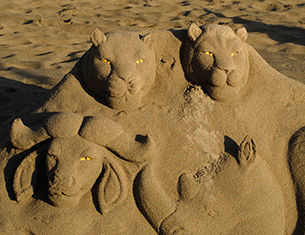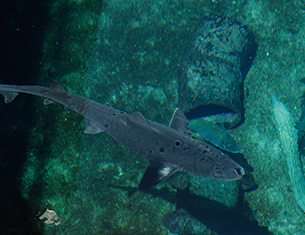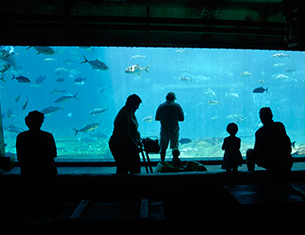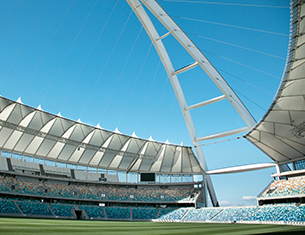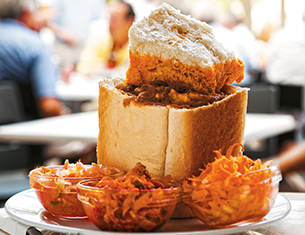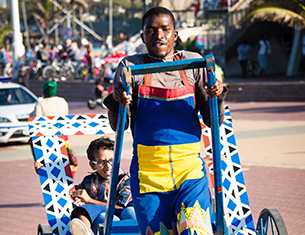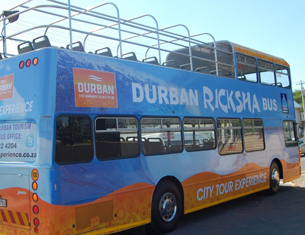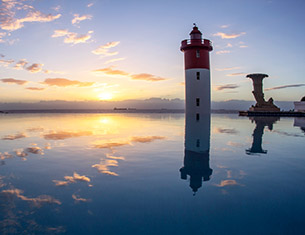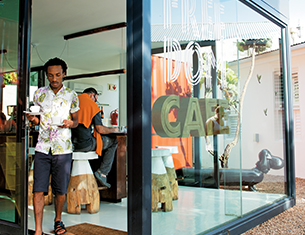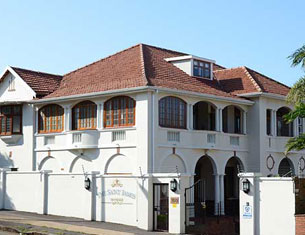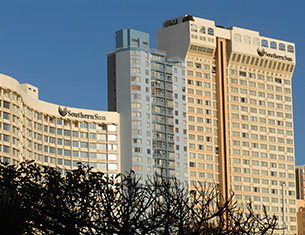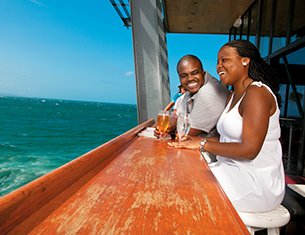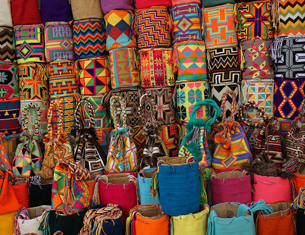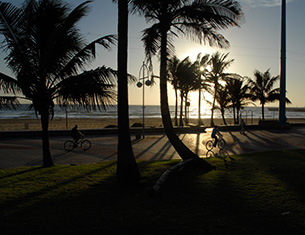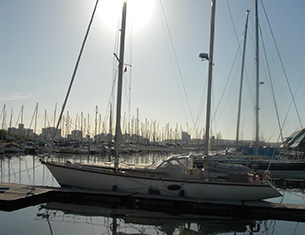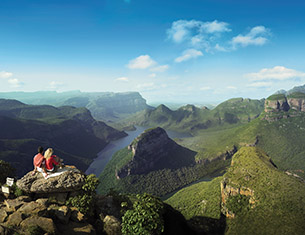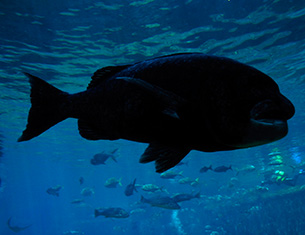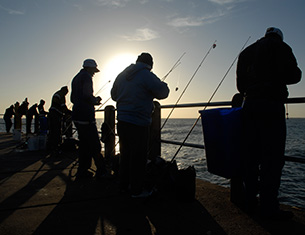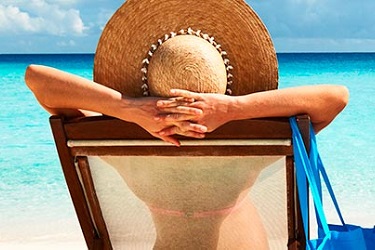Visit Durban
About Durban
While Johannesburg is sophisticated and Cape Town is Euro-chic, Durban is pure African exuberance. It’s a heady multicultural melting pot built around vibrant beach life, buzzing hotspots and gorgeous scenery bathed in heat and humidity that make even the famous local curries seem tame in comparison.
It’s an open air lifestyle of sun, sea, sand, picnics, parties and pleasure. Durban is surrounded by historic sites where epic battles played out as Zulus, British and Afrikaners fought to control this prime location. Today the colourful blend of those vastly different cultures is enhanced by the influence of Indians who first arrived to work on the sugarcane plantations.
Travel Tips
King Shaka International airport has a shuttle bus service or taxis into the city. The city itself is walking distance size, but hiring a car is a sensible option.
Durban is at its finest in winter from June-August at a balmy 24 degrees Celsius. Summer is barmy in a different way, with temperatures hitting 30 degrees and the humidity making you feel like you’re having a personal sauna but there’s always the cool ocean or a pool to cool off in. Autumn and spring (April-May and September-November) are perfect times to visit for fabulous weather and fewer tourists.
Time
South Africa is a constant GMT + 2 hours, with no daylight saving time.Currency
The currency is the Rand, and you’re going to get great value for money! It’s technically divided into 100 cents, but they’re too small to bother with. ATMs are ubiquitous and credit and debit cards are widely accepted. Foreign currency can be exchanged at bureaux de change, hotels and banks.Weather
South Africa is blessed with glorious weather most of the time. Durban gets very sweaty in the summer (December to February) but there’s always the sea or a pool to cool off in. Winter from June to August isn’t ‘wintery’ at all, but you may want a long sleeved shirt.Electricity
This might catch you out: South African plugs are a rare breed with three round pins, so buy an adaptor at the airport. Many hotels have installed European and UK-style sockets too, and keep adaptors at reception. In deep rural areas or game reserves power may be supplied by generators and limited to certain hours.Communications
Public phone boxes are rare, because everyone has mobile phones. Roaming calls and data are not cheap, but you can buy a local Sim card if you present identity documents. In rural areas or on safari the signal will be sporadic, but the main lodge almost always has connectivity. Internet and Wi-Fi is not often free in hotels, but free hot spots are becoming more common. You’ll find the speeds sluggish if you’re from a first world country.Public Transport
Car hire is readily available. For buses in the city, the Durban People Mover (www.durbanpeoplemover.co.za) runs three routes including a link from the city centre to the beachfront. The Mynah bus service covers the suburbs too.
Airport to City Center
The Super Shuttle is a shared small bus service that covers the city centre and the main hotels. It runs every 45 minutes for R80, with no booking required.
Tel: 27 (0)31 - 4651660. There are taxi ranks too.


